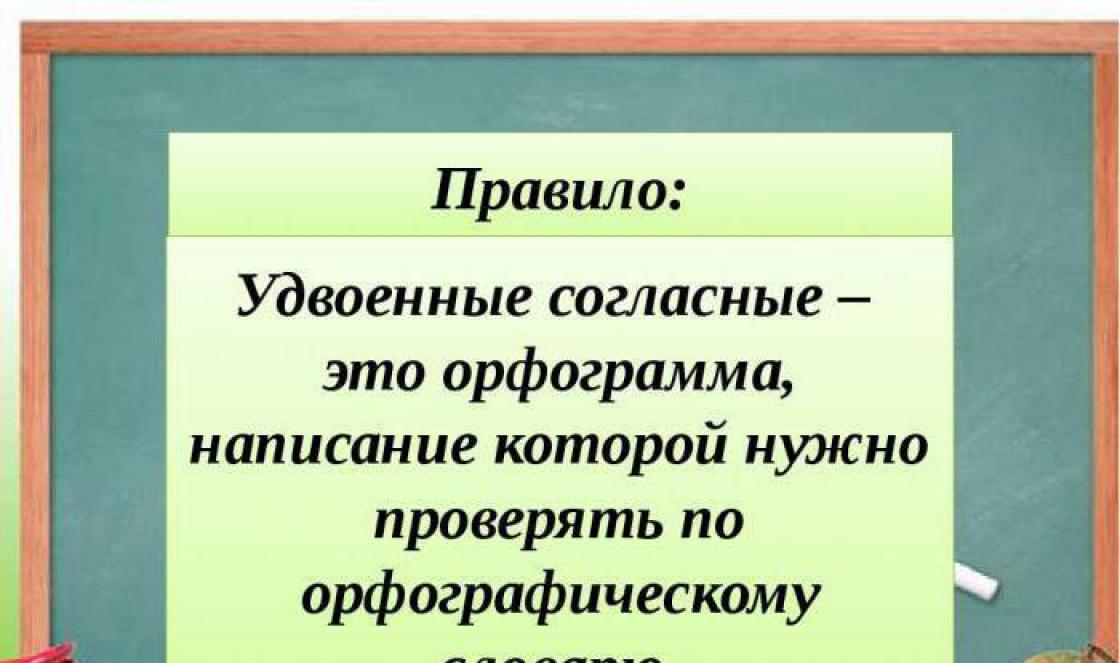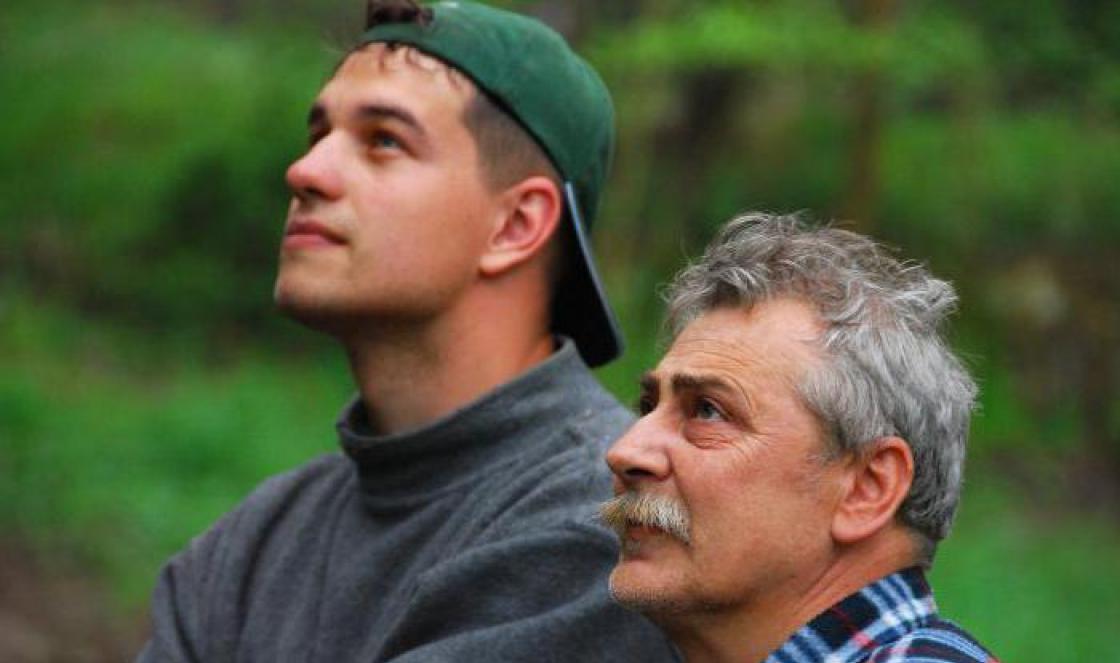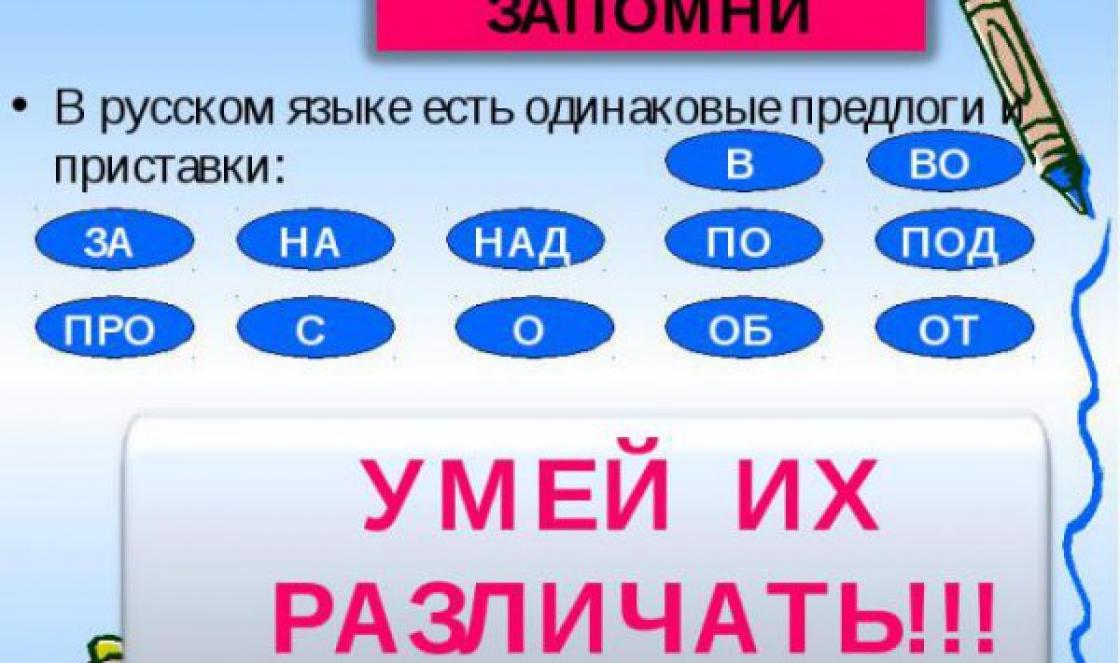Despite worldwide recognition and fame, this block stands alone in it. This is not surprising for the poet, who most of all valued his independence in this world. Until now, many believe that he is more loved and revered outside of Russia than inside it, where many are completely unaware of who Brodsky is. His biography is like this. Often it took shape contrary to his wishes. But he never succumbed to the circumstances.
Brodsky, biography of the Soviet period
The place and time of birth are important in the fate of any person. And for the poet they are even more essential. Coincidentally, Leningrad became the starting point of the fate of the future poet. Here, in an ordinary intelligent Jewish family, Joseph Brodsky was born in 1940. The biography of the poet began on the banks of the Neva, in the former capital of the former empire. This unusual city with its mystical aura largely determined the fate of the future poet. Poems began to write very early. And they began immediately with a high level of poetic skill. Brodsky simply lacked the period of imitation and imitation of models, which is usual for many young talents. His poetry was initially difficult to perceive, the imagery is multidimensional, the style is pretentious and refined, the level of versification is highly professional. It was in this way that the poet Joseph Brodsky entered Russian literature and remained faithful to the once chosen path. His biography does not have a period of apprenticeship; from the first steps in literature, he declared himself as a master of unique qualifications.

But the external events of his life developed along a rather strange and at the same time quite logical trajectory for Soviet times. Despite the recognition of many authoritative people in Russian literature, his poems were ignored and not published in the Soviet Union. His work was not in demand by the Soviet literary administration, and the poet was not going to make the slightest compromise with the literary nomenclature. Then everything was in the Soviet tradition - a trial under the article for parasitism and 5 years of exile in the Arkhangelsk region. "Oh, what a biography they are doing to our redhead," Anna Andreevna Akhmatova ironized on this score. The poet was returned from exile by a public campaign in his defense, which unfolded in the Soviet Union and abroad. Jean-Paul Sartre promised a lot of trouble to the Soviet nomenklatura delegations during their visits to France. The poet returned from exile as a winner.

Brodsky, biography in exile
The poet had no particular desire to leave his homeland. But there was no doubt that the repressive machine unclenched its jaws only temporarily, and in the near future it would definitely pay off and avenge the forced concession. Brodsky chose freedom. From 1972 to 1996 he lived in the United States. He achieved all possible honors - the Nobel Prize and the title of Poet Laureate. No one asks the question of who Brodsky is. short biography it is contained in all reference books and textbooks. Students get to know her
| Joseph Brodsky | |
| Occupation: |
poet, essayist |
|---|---|
| Date of Birth: | |
| Place of Birth: | |
| Citizenship: | |
| Citizenship: | |
| Date of death: | |
| A place of death: | |
| Awards and prizes: | |
BRODSKY Iosif Alexandrovich(1940, Leningrad - 1996, New York; buried in Venice), Russian poet and translator.
Brodsky's life in the USSR
Brodsky's poems, as a rule, did not appear in the Soviet censored press. Several of his poems were published in the samizdat journal Syntax (1958-60), which finally closed his path to official literature. Brodsky's poetic translations became widely known.
In 1964, a trial took place over the poet, who was accused of "parasitism" and sentenced to five years of forced labor in the North. The trial took place in an atmosphere of anti-Semitism. Brodsky was sent on a stage to the village of Norenskaya, Konosha district, Arkhangelsk region. The verbatim record of the trial of Brodsky, secretly made by the journalist and writer Frida Vigdorova who was present at the trial, became widely known in the USSR and abroad, thanks to samizdat and numerous publications in the Western press. Subsequently, Brodsky was arrested several times and, after a short detention, was released.
Life in the West
In 1972, the Soviet authorities handed Brodsky, against his wishes, a visa to leave for Israel and actually expelled him from the USSR. He settled in the USA. In the West, Brodsky taught at various universities, being a “university poet” and a visiting professor at Michigan and Columbia Universities (USA), Cambridge University (England) and a number of colleges. In 1991 he became professor of literature at Mount Holywalk College in South Hadley, Massachusetts.
Brodsky's poems have experienced a noticeable influence of symbolism and surrealism, at the same time they synthesize the features of classical poetic traditions and styles. His long poem "Isaac and Abraham" is based on the Bible. Brodsky's poem "The Jewish Cemetery near Leningrad" is considered one of the the best works on a Jewish theme written in the Soviet Union. In 1965 and 1970 two collections of Brodsky's poems ("Poems and Poems" and "Stop in the Desert") were published in Russian in New York. In Stockholm, when asked by an interviewer whether he considers himself Russian or American, Brodsky replied: “ I am a Jew, Russian poet and English essayist».
In 1977, Brodsky published the first poetry collections in exile - "The End of a Beautiful Era", summing up recent years creativity in Russia (1964-71), and "Part of Speech", which absorbed the works of the pre-departure year and poems written during the five years of emigration. At the same time, Brodsky published critical prose and essays, mostly written in English and in 1986 collected by the author in a separate collection Less than One, recognized as the best literary critical book of the year in the United States. In Russian, Brodsky wrote critical essays on the work of A. Platonov (1973) and Marina Tsvetaeva (1979, 1981), published as prefaces to the publications of these authors in the West.
In the collection New Stanzas for August. Poems to M. B., 1962-1982. (1983) included poems written over twenty years, united by one lyrical addressee. The poems from this collection, as well as previously uncollected works published in emigrant periodicals, made up the final collection for Brodsky Urania (1987; self-translated by the same name English version with the addition of several poems written in English, 1988). Selected Poems 1987–1989 compiled the collection Fern Notes (1990). Brodsky is the author of two plays: "Marble" (magazine "Twenty Two", T.-A., 1984, No. 32) and "Democracy!" (1990).
In 1979, Brodsky was elected a member of the American Academy and the Institute of Arts and Letters (from which he graduated in 1987). In 1981, he was awarded the MacArthur Genius Award, and in 1986, the National Literary Critics' Award. In 1987, Brodsky received the Nobel Prize in Literature "for his comprehensive work, imbued with clarity of thought and poetic intensity." In 1992, he was elected Poet Laureate of the US Library of Congress. In May 1995, on the occasion of the 55th anniversary of the poet, in St. Petersburg, the Zvezda magazine organized and held an international scientific conference dedicated to the work of Joseph Brodsky.
Since the end of 1987, Brodsky's works have been widely (including without the knowledge of the author) published in Russia, where almost all of his works have been republished. Since 1997, Brodsky's collected works have been published in St. Petersburg in seven volumes.
Sources
- KEE, volume 1 + Add. 2, col. 546–547 + 231–232
In a conversation about the great poets of the 20th century, it is impossible not to mention the work of Joseph Brodsky. He is a very significant figure in the world of poetry. Brodsky had a difficult biography - persecution, misunderstanding, trial and exile. This prompted the author to leave for the USA, where he received public recognition.
The dissident poet Iosif Brodsky was born on May 24, 1940 in Leningrad. The boy's father worked as a military photographer, his mother worked as an accountant. When in 1950 a "cleansing" of Jews took place in the ranks of officers, my father went to work as a photojournalist for a newspaper.
Joseph's childhood coincided with the war, the blockade of Leningrad, and famine. The family survived, as did hundreds of thousands of people. In 1942, the mother took Joseph and evacuated to Cherepovets. They returned to Leningrad after the war.
Brodsky dropped out of school as soon as he entered the 8th grade. He wanted to financially help his family, so he went to work at the factory as a milling assistant. Then Joseph wanted to become a guide - it did not work out. At one time he was eager to become a doctor and even went to work in the morgue, but soon changed his mind. For several years, Joseph Brodsky changed many professions: all this time he drunkenly read poetry, philosophical treatises, studied foreign languages and was even going to hijack a plane with his friends in order to escape from Soviet Union. True, things did not go further than plans.
Literature
Brodsky said that he began to write poetry at the age of 18, although there are several poems written at the age of 16-17. In the early period of creativity, he wrote "Christmas Romance", "Monument to Pushkin", "From the outskirts to the center" and other poems. In the future, the style of the author was strongly influenced by poetry, and - they became the personal canon of the young man.

Brodsky met Akhmatova in 1961. She never doubted the talent of the young poet and supported the work of Joseph, believing in success. Brodsky himself was not particularly impressed by the poems of Anna Andreevna, but the scale of the personality of the Soviet poetess delighted.
The first work that alerted the Power of the Soviets is dated 1958. The poem was called "The Pilgrims". Then he wrote "Loneliness". There, Brodsky tried to rethink what was happening to him and how to get out of the current situation, when newspapers and magazines closed their doors to the poet.

In January 1964, in the same Vecherniy Leningrad, letters from "indignant citizens" were published demanding that the poet be punished, and on February 13 the writer was arrested for parasitism. The next day in the cell, he had a heart attack. Brodsky's thoughts of that period are clearly discerned in the poems "Hello, my aging" and "What can I say about life?".

The persecution that began was a heavy burden on the poet. The situation escalated due to a break in relations with her beloved Marina Basmanova. As a result, Brodsky made an attempt to die, but unsuccessfully.
The persecution continued until May 1972, when Brodsky was given a choice - a psychiatric hospital or emigration. Iosif Alexandrovich had already been in a mental hospital, and, as he said, it was much worse than prison. Brodsky chose emigration. In 1977, the poet became an American citizen.

Before leaving his native country, the poet tried to stay in Russia. He sent a letter himself with a request to be allowed to live in the country, at least as a translator. But the future Nobel laureate was never heard.
Joseph Brodsky participated in the International Poetry Festival in London. Then he taught the history of Russian literature and poetry at Michigan, Columbia and New York universities. In parallel, he wrote essays in English and translated poetry into English. In 1986, Brodsky's collection Less than One was published, and the following year he received the Nobel Prize in Literature.

In the period 1985-1989, the poet wrote "In Memory of the Father", "Performance" and the essay "One and a half rooms". In these verses and prose - all the pain of a person who was not allowed to see his parents on their last journey.
When perestroika began in the USSR, literary magazines and newspapers actively printed Joseph Alexandrovich's poems. In 1990, the poet's books began to be published in the Soviet Union. Brodsky received invitations from his homeland more than once, but he constantly delayed this visit - he did not want the attention of the press and publicity. The complexity of the return was reflected in the poems "Ithaca", "Letter to the Oasis" and others.
Personal life
The first great love of Joseph Brodsky was the artist Marina Basmanova, whom he met in 1962. They met for a long time, then lived together. In 1968, Marina and Joseph had a son, Andrei, but with the birth of a child, relations deteriorated. In the same year they separated.

In 1990, he met Maria Sozzani, an Italian aristocrat with Russian roots on her mother's side. In the same year, Brodsky married her, and three years later their daughter Anna was born. Unfortunately, Joseph Brodsky was not destined to see how his daughter grows.
The poet is known as a famous smoker. Despite undergoing four heart surgeries, he never quit smoking. Doctors strongly advised Brodsky to give up the addiction, to which he replied: “Life is wonderful precisely because there are no guarantees, no, never.”

Even Joseph Brodsky adored cats. He claimed that these creatures do not have a single ugly movement. In many photos, the creator is shot with a cat in his arms.
With the support of the writer, the Russian Samovar restaurant was opened in New York. The co-owners of the institution were Roman Kaplan and. Joseph Brodsky invested part of the money from the Nobel Prize in this project. The restaurant has become a landmark of "Russian" New York.
Death
He suffered from angina pectoris even before emigrating. The state of health of the poet was unstable. In 1978, he underwent heart surgery, the American clinic sent an official letter to the USSR with a request to allow Joseph's parents to leave to care for their son. The parents themselves applied 12 times, but each time they were refused. From 1964 to 1994, Brodsky suffered 4 heart attacks, he never saw his parents again. The writer's mother died in 1983, and a year later his father passed away. The Soviet authorities refused his request to come to the funeral. The death of his parents crippled the poet's health.
On January 27, 1996, in the evening, Joseph Brodsky folded his briefcase, wished his wife good night and went up to the office - he had to work before the start of the spring semester. On the morning of January 28, 1996, the wife found her husband with no signs of life. Doctors pronounced him dead from a heart attack.

Two weeks before his death, the poet bought himself a place in a cemetery in New York, not far from Broadway. There he was buried, fulfilling the last will of the dissident poet, who until his last breath loved his homeland.
In June 1997, the body of Joseph Brodsky was reburied in Venice at the San Michele cemetery.
In 2005, the first monument to the poet was opened in St. Petersburg.
Bibliography
- 1965 - "Poems and Poems"
- 1982 - Roman Elegies
- 1984 - "Marble"
- 1987 - "Urania"
- 1988 - Desert Stop
- 1990 - "Fern Notes"
- 1991 - "Poems"
- 1993 – Cappadocia. Poetry"
- 1995 - “In the vicinity of Atlantis. New Poems»
- 1992-1995 - "Works of Joseph Brodsky"
(1940-1996) Russian poet, prose writer, essayist, translator
Brodsky Joseph Alexandrovich is known as a poet, playwright, translator and essayist. After the publication of a collection of poems abroad, the author also gained international fame. He became the youngest of the writers awarded Nobel Prize. And not only was able to expand the poetic potential mother tongue, but also became a symbol of intellectual opposition to moral degeneration and total lies.
Childhood
Joseph Brodsky was born into an ordinary intelligent Leningrad family. My father was a certified geographer, and additionally graduated from the School of Red Journalists. Starting in 1940, he worked as a military photojournalist for 8 years, went through the war, starting in Finland and ending in China. The purge of the army ranks from persons of Jewish nationality in 1950 was the reason for demobilization. From that time on, the family had to be content with an inconsistent income from small articles and photographs sold to various factory circulations.
The difficult financial situation of the family was one of the reasons why the future poet left the school. Joseph Brodsky dropped out of school at 16. In just a few years, he managed to change whole line professions. At first he worked as an apprentice on a milling machine, then as an assistant in the morgue, long time worked as a stoker and sailor.
Another significant reason why Brodsky left school was the rejection of hypocrisy and total lies actively introduced among children.
Youth
At the age of 17, the life of Joseph Brodsky was not yet connected with literature, he becomes a worker in one of the expeditions that conducted geological research. As part of a group of researchers, he visited the shores several times White Sea, in Siberia, in some regions of Northern Yakutia. During this period of his biography, the future poet reads a lot, paying Special attention works with a philosophical bias, studies independently Polish and English.

The beginning of the creative path
The first poetic lines were written by Joseph Brodsky at the age of eighteen. A year later, the future poet gets acquainted with the authors of poetic works already known at that time, Sergey Dovlatov, Bulat Okudzhava and others. Brodsky's first literary debut was a poetry tournament in 1961. , after which a turning point came in his biography.
The young author read his recently written work, The Jewish Cemetery. Brodsky not only performed the work in a new way, as if singing poetic lines. The content of the work was also innovative. Not all listeners unequivocally perceived the poems of the beginning poet. The performance of the "Jewish Cemetery" by Brodsky caused a real scandal.
During this period, Brodsky Joseph Alexandrovich tries to engage in translation activities.

In early 1961, Brodsky met A. Akhmatova. It was one of the significant events in the fate of the young writer. Akhmatova appreciated the talent and became Brodsky's spiritual mentor. His biography during this period is replenished with a number of created works: the poems "Hills", "Guest", "Isaac and Abraham", poems.
From that moment, literary fame came to Brodsky Joseph Alexandrovich, however, official circles rejected the young poet, considering his work alien.
Court and exile
In 1964, the arrest and show trial of Brodsky took place, which can serve as a vivid example of opposition to the system. The poet was charged with parasitism. The process was indicative, it was accompanied by the publication in the press of a number of incriminating articles. The details of the trial became known to the world community, arousing interest in Brodsky's personality. After that, the biography of the poet was retold like a legend, and the name gained fame not only among writers and admirers of creativity.
At the end of the trial, the poet was sentenced to exile. Joseph Brodsky went to one of the villages of the Arkhangelsk region. Famous poets and writers came to his defense. Protests in literary circles and the wide interest of the world community contributed to the early release of Joseph Brodsky. The biography of the poet from this moment is a confirmation of reaching a new level. The poet became stronger spiritually, understood his true purpose, decided not to deviate from his principles. It was here that his personality was finally formed.
During this period, Brodsky Joseph Alexandrovich reads the works of English poets in the original, studies world literature. In exile, both scattered poems and entire cycles were born. The works were published after the emigration of the author.
Return from exile
The return to Leningrad was another test for Joseph Brodsky. His file contained information about the trial and exile, spoiling his biography, this became the reason for refusing to register him in an apartment owned by the family. Only the intervention of famous and authoritative cultural figures helped to solve this problem.
To avoid repeated accusations of parasitism, Brodsky, whose life is now under close supervision, with the support of K. Chukovsky and B. Vakhtin, gets a job as an interpreter in the Writers' Union of the USSR.
The works written during this period reflected the environment in which the poet lived and worked: alienation, lack of demand, constant humiliation and suspicion. For the first time a collection of poems by Joseph Brodsky was published abroad. Thanks to the support of friends, the author managed to send some of his works abroad. Brodsky, whose work and biography have become the subject of research by many literary critics, is rightfully considered a classic of Russian verse.
After the end of the period, called the "thaw", the position of the poet worsened. The attitude towards him on the part of representatives of the official authorities spoke of his obvious dislike. Despite the love for the Motherland, Brodsky had to emigrate.
Life in exile
In 1972, Joseph Brodsky, whose life and biography contains many turning points, makes the final decision and moves to the United States. A well-known author abroad immediately receives an invitation to work at the University of Michigan. The poet, who barely received an incomplete secondary education in the Soviet Union, held professorships at many leading universities in the US and Great Britain for almost a quarter of a century.
Brodsky's biography is an example of successful emigration and settling in a new place, he missed hometown. He especially wanted to meet his parents, who were never allowed out of the country until his death. The parents were buried without the participation of the poet, who was refused a request for entry. The bitterness of the loss of dear people found expression in the works.
Personal life
In early 1962, Joseph Brodsky, whose biography contains data on several stormy novels, met the daughter of the famous artist P. Basmanov. Marina Basmanova and Brodsky stayed together for only a few years. During this time, the poet dedicated many works to his beloved woman. In 1967, the son of Marina Basmanova and Brodsky Andrei was born.
The reason for the breakup was another novel. This time the subject of the poet's passion was the ballerina M. Kuznetsova. As a result of a short relationship, Brodsky also had a daughter.

In 1990, Brodsky's biography up to this point, which did not contain data on the official registration of relations with women, marries a representative of the Italian aristocracy. The age difference between the spouses was almost 30 years. In marriage, the couple had a daughter.
World fame
At the age of forty, Joseph Brodsky, whose biography was already known in the West, thanks to works written in English language, gains worldwide fame as a writer. The biography of Joseph Brodsky was replenished with another significant date, in 1987 he becomes the youngest Nobel Laureate in the field of literature. At the same time, for the first time in 20 years, the poet's poems were published in his homeland.
By the end of the decade, the first studies of creativity appeared. Brodsky Joseph Alexandrovich almost immediately receives many prestigious literary awards.
Success and popularity were a fair reward for enduring persecution and persecution. However, the experiences of the past years did not go unnoticed. In the 90s, the poet underwent another heart operation.
In January 1996, Brodsky's wife announced his death. As it was established later, the cause was another heart attack. The poet is buried in Venice.





